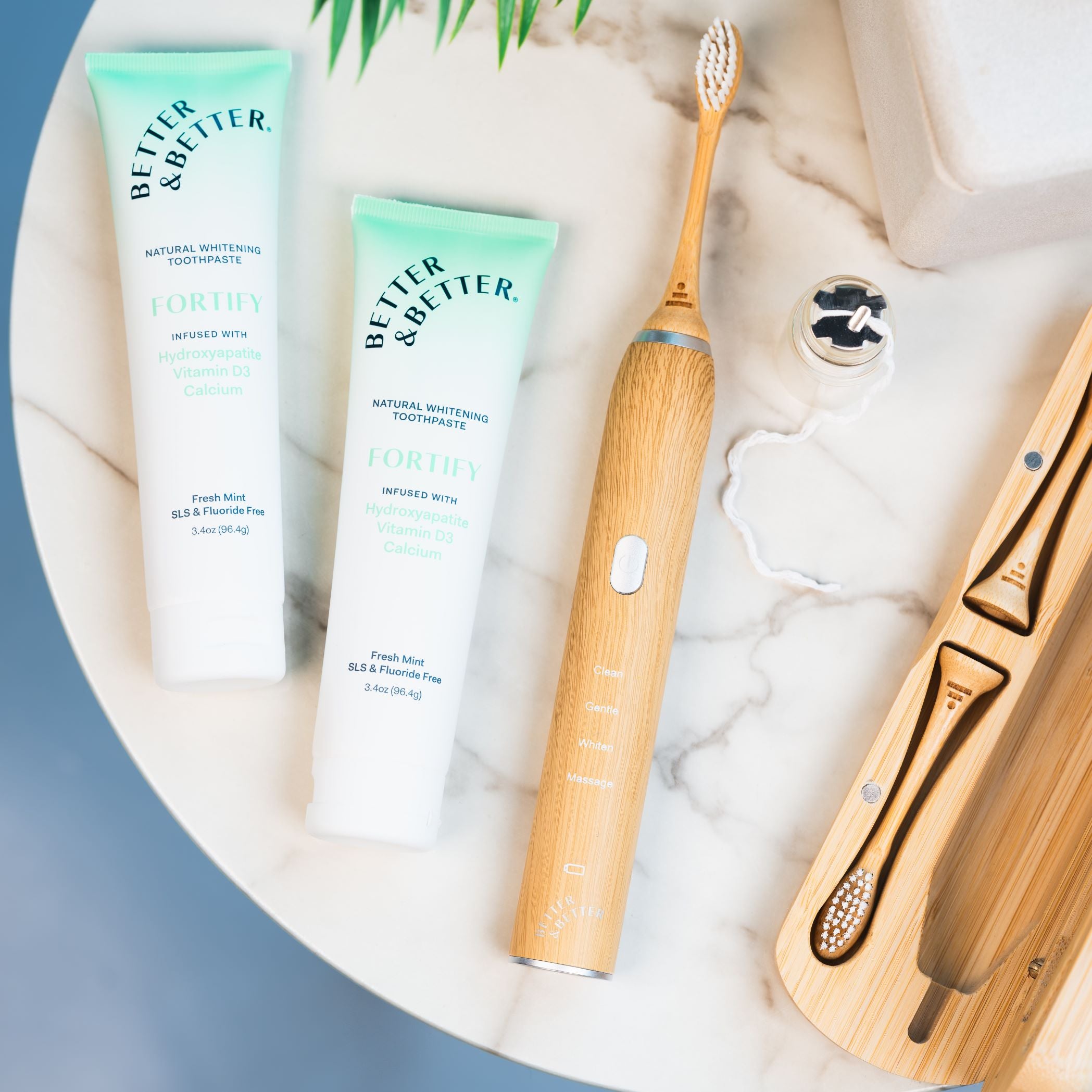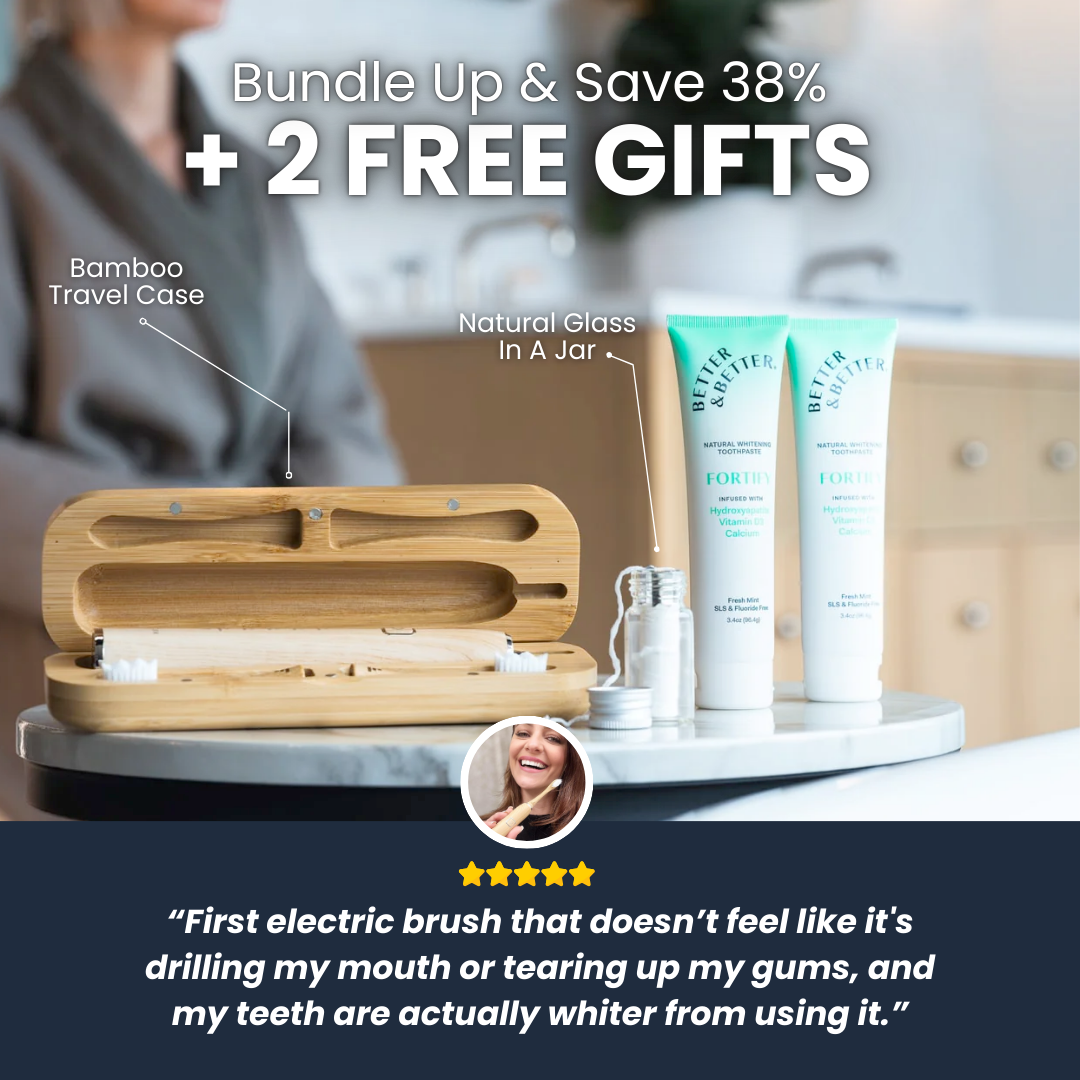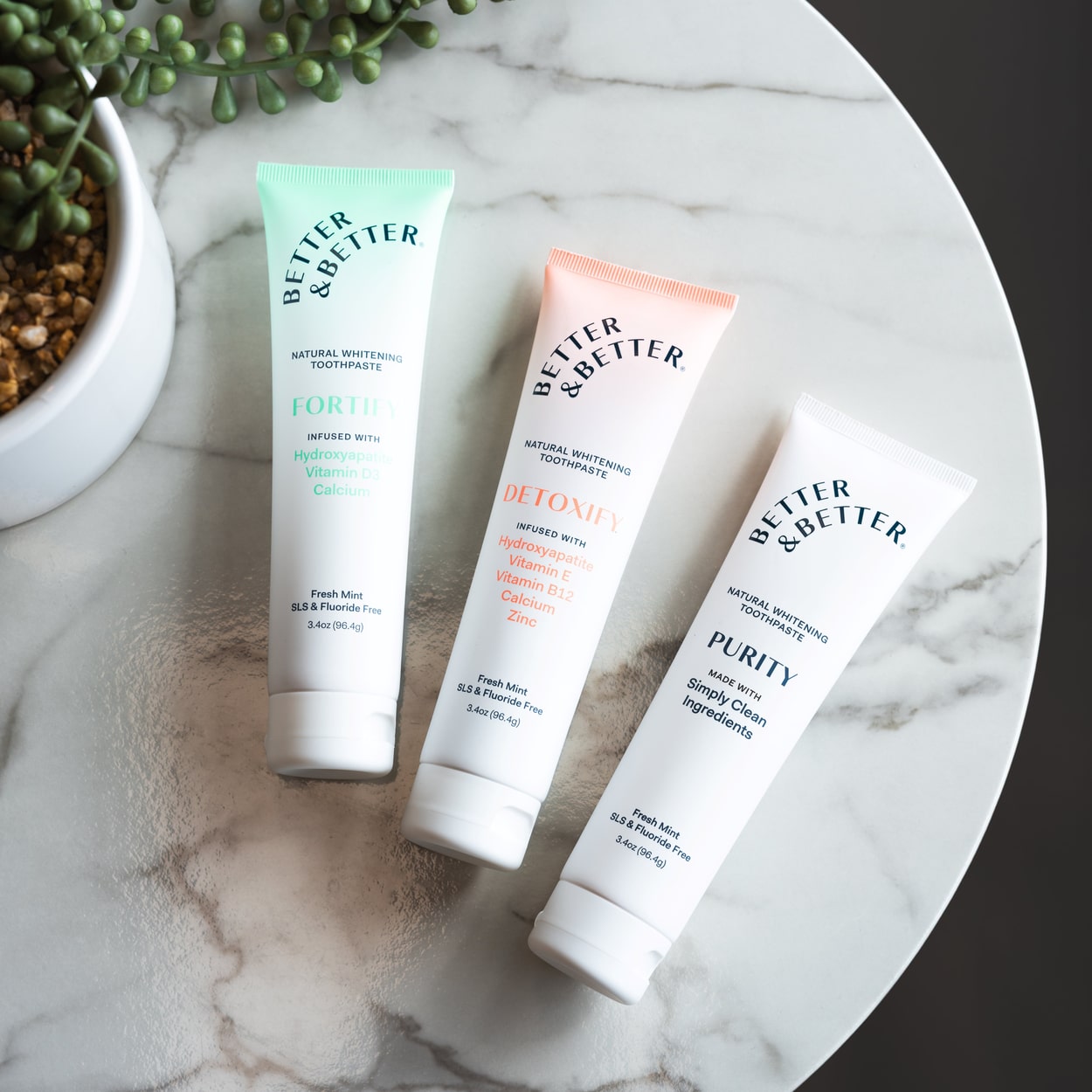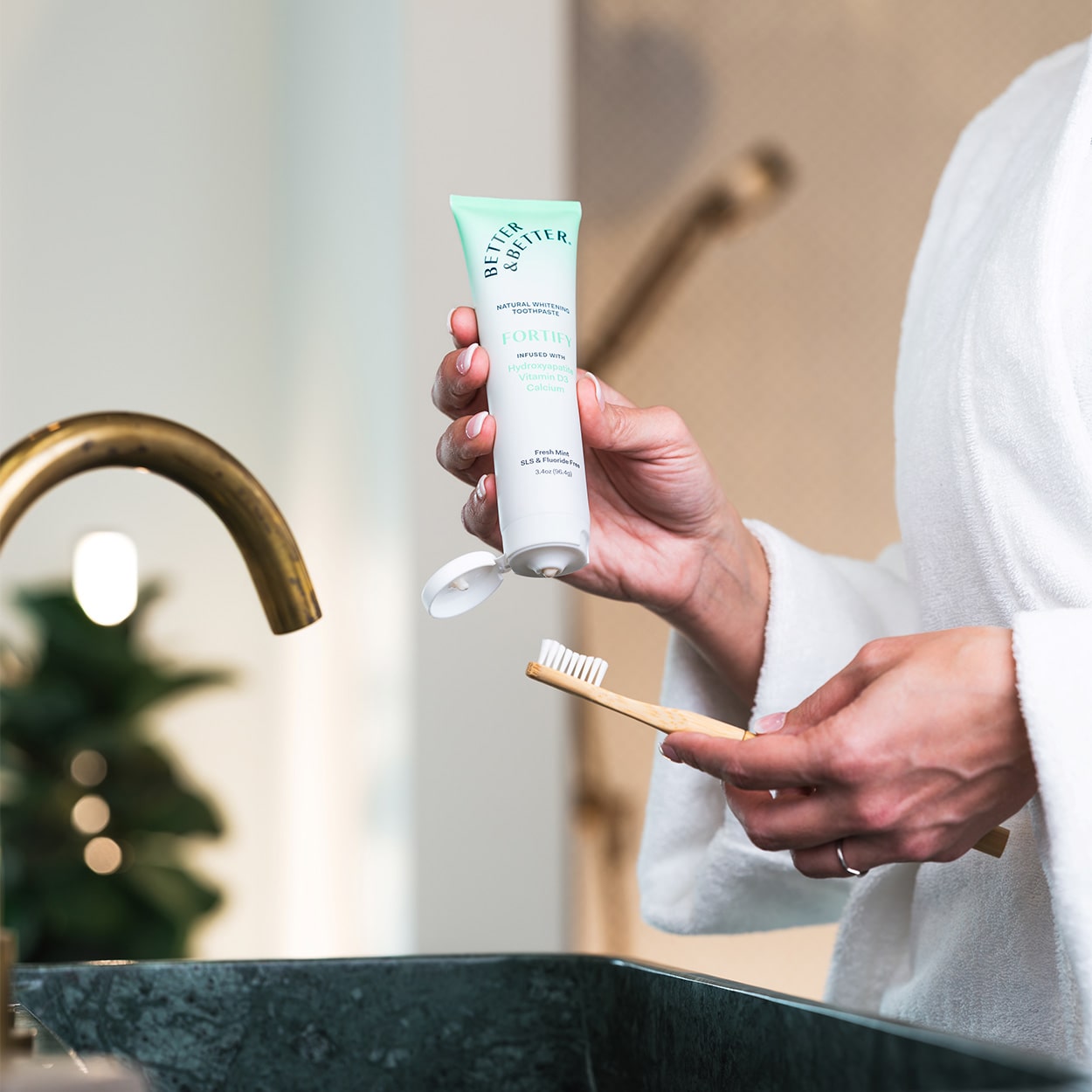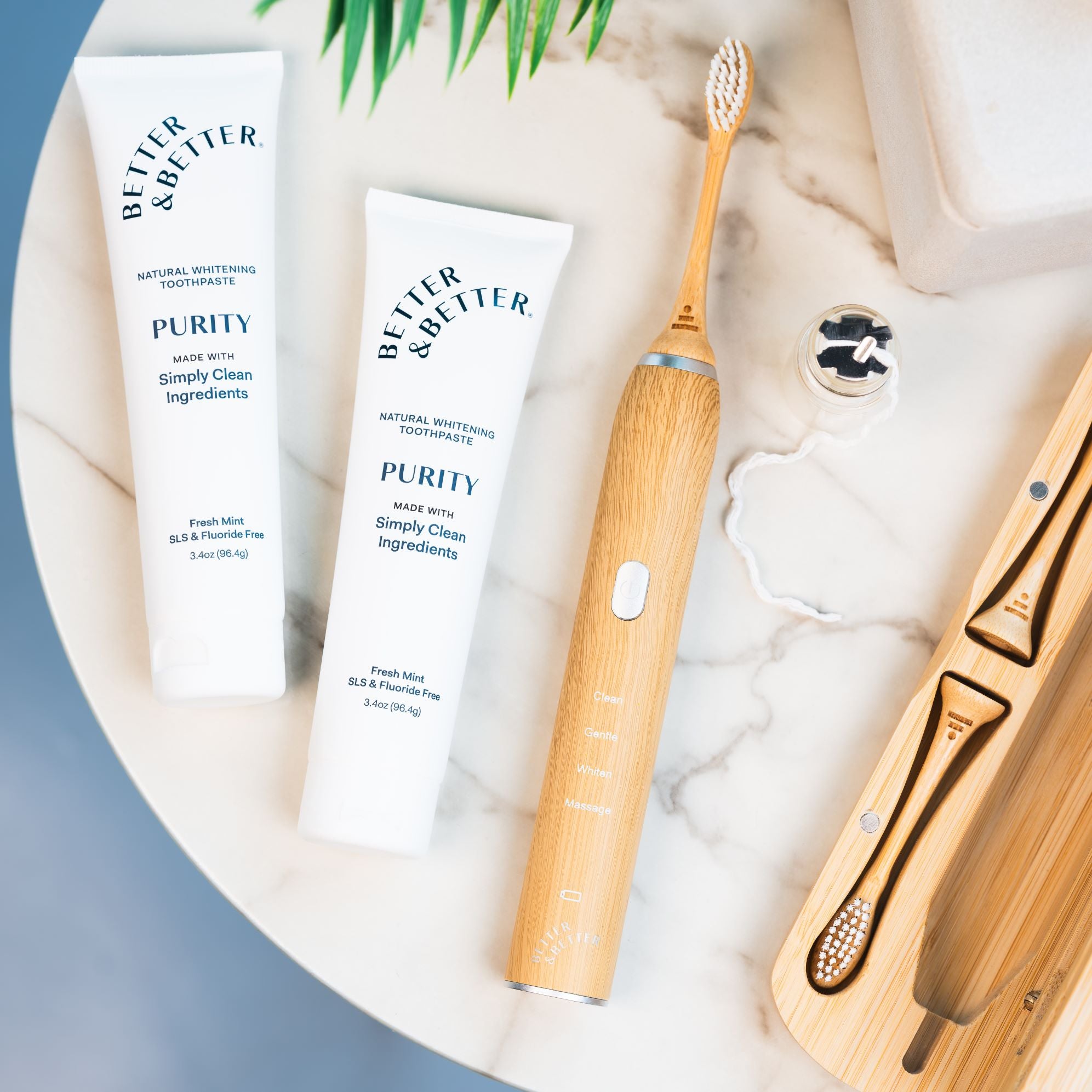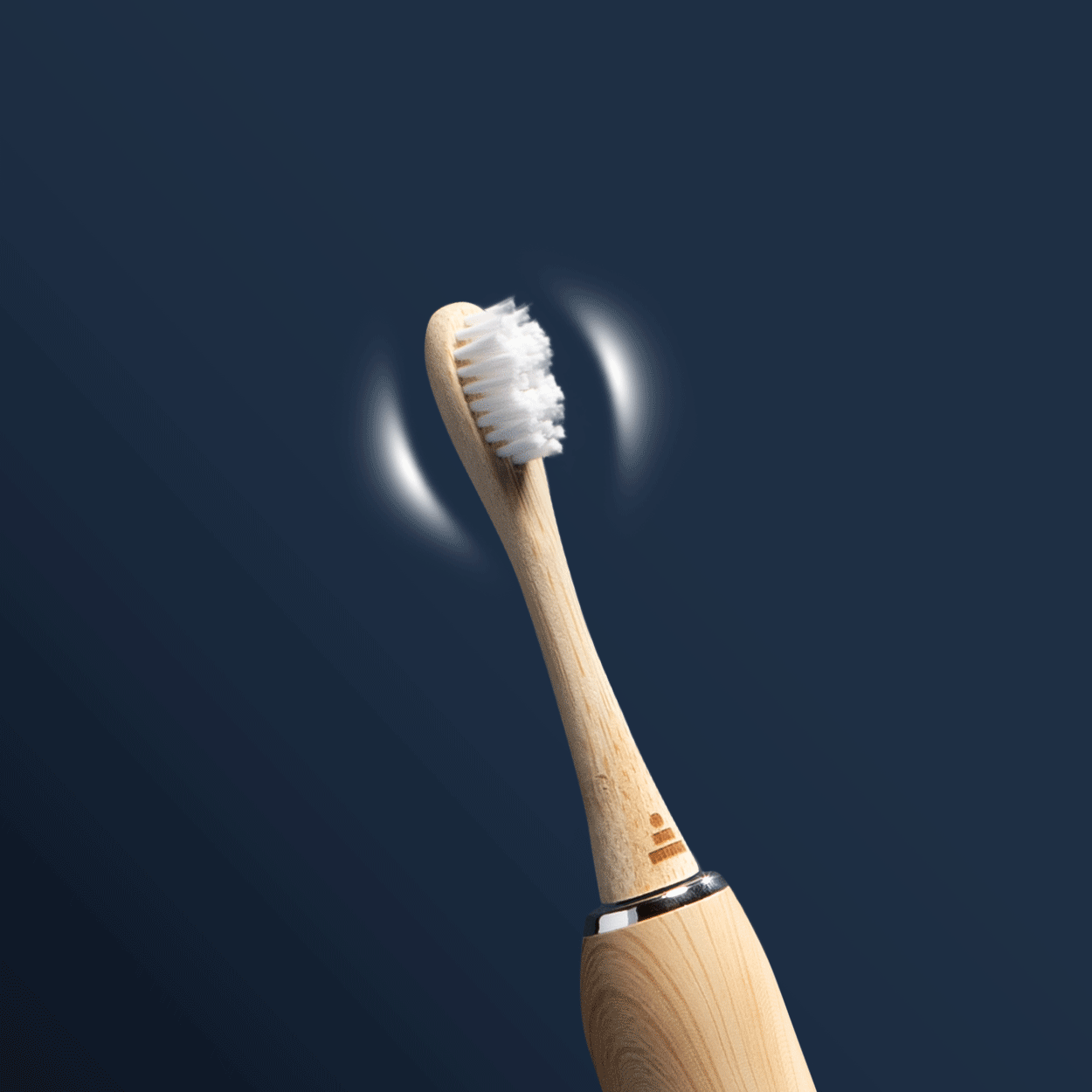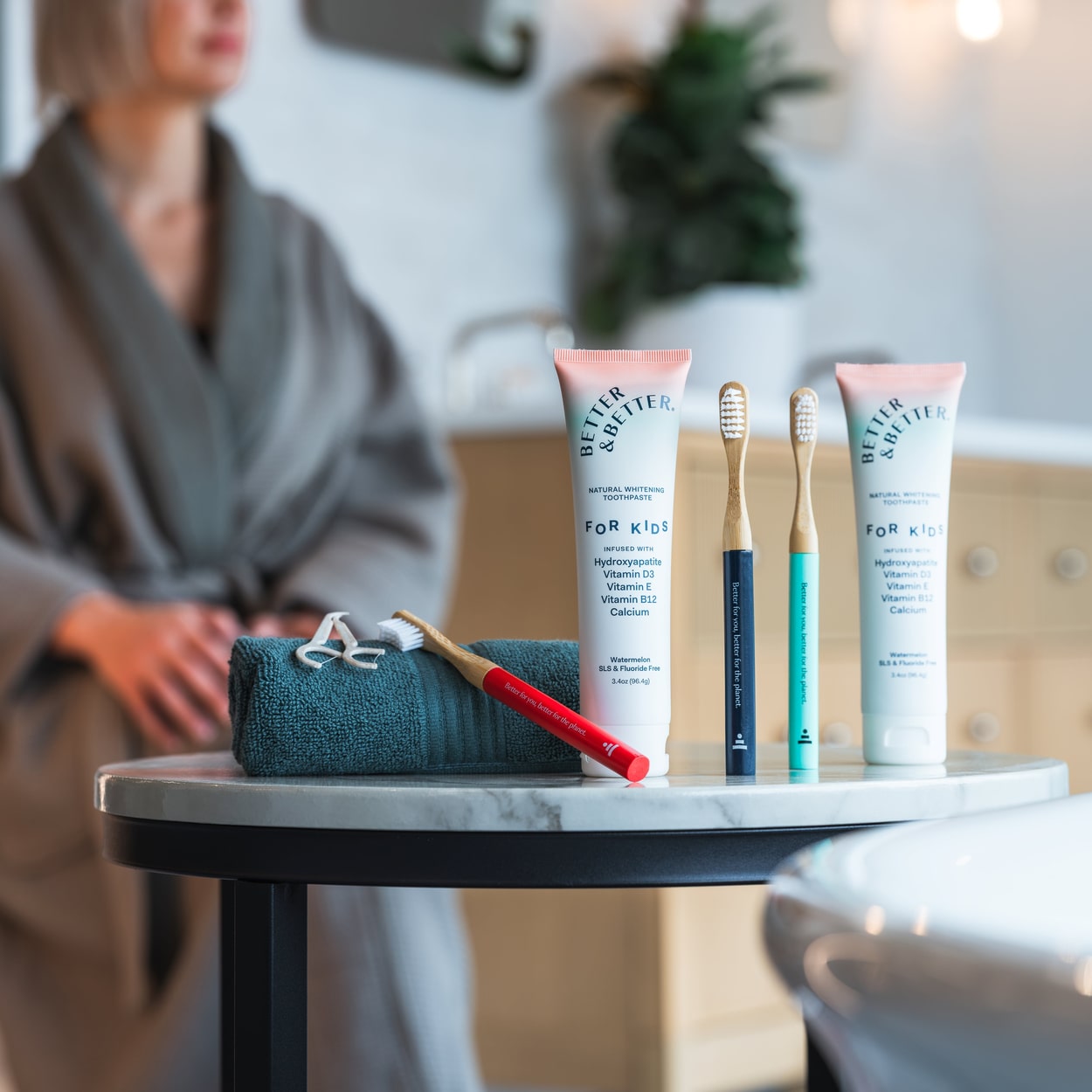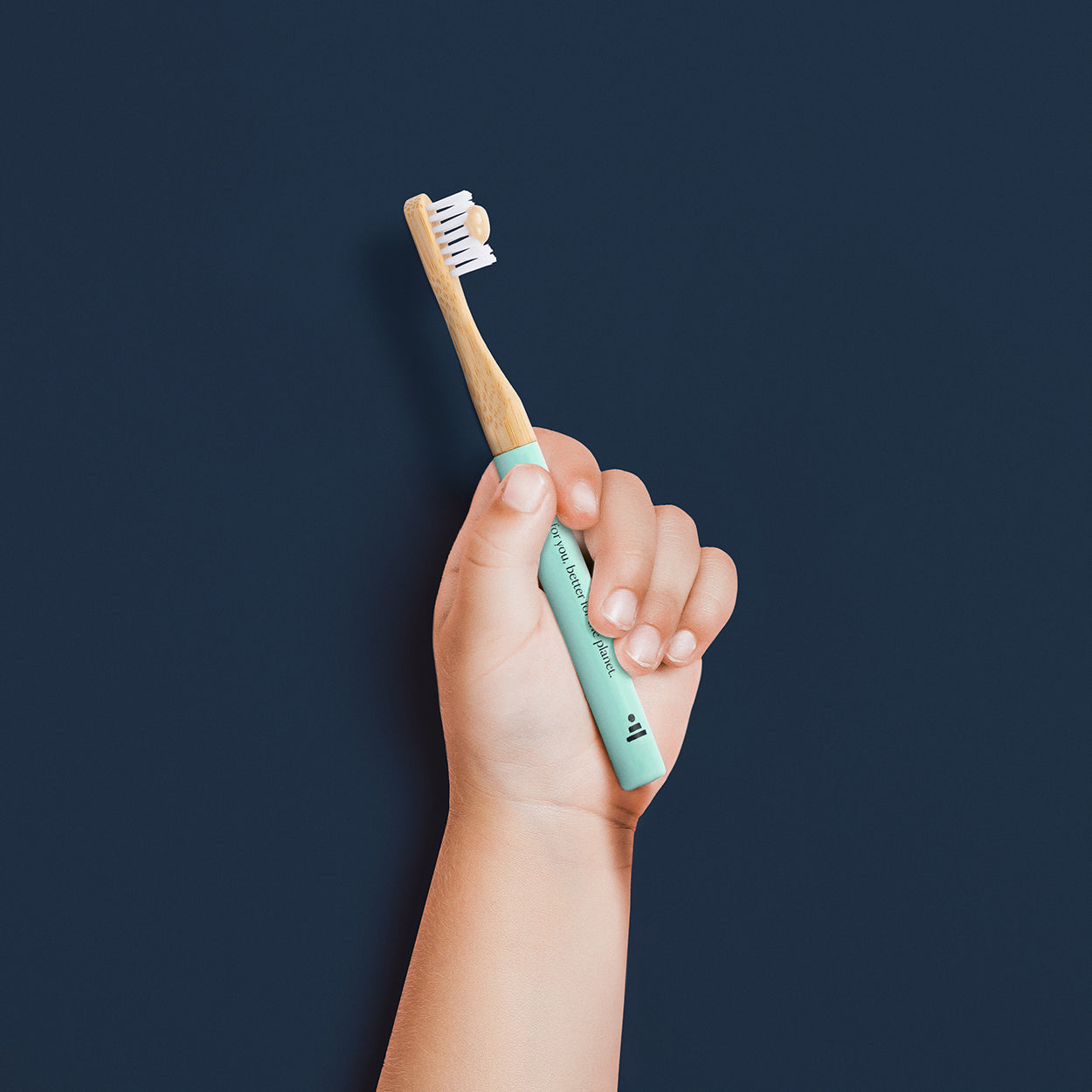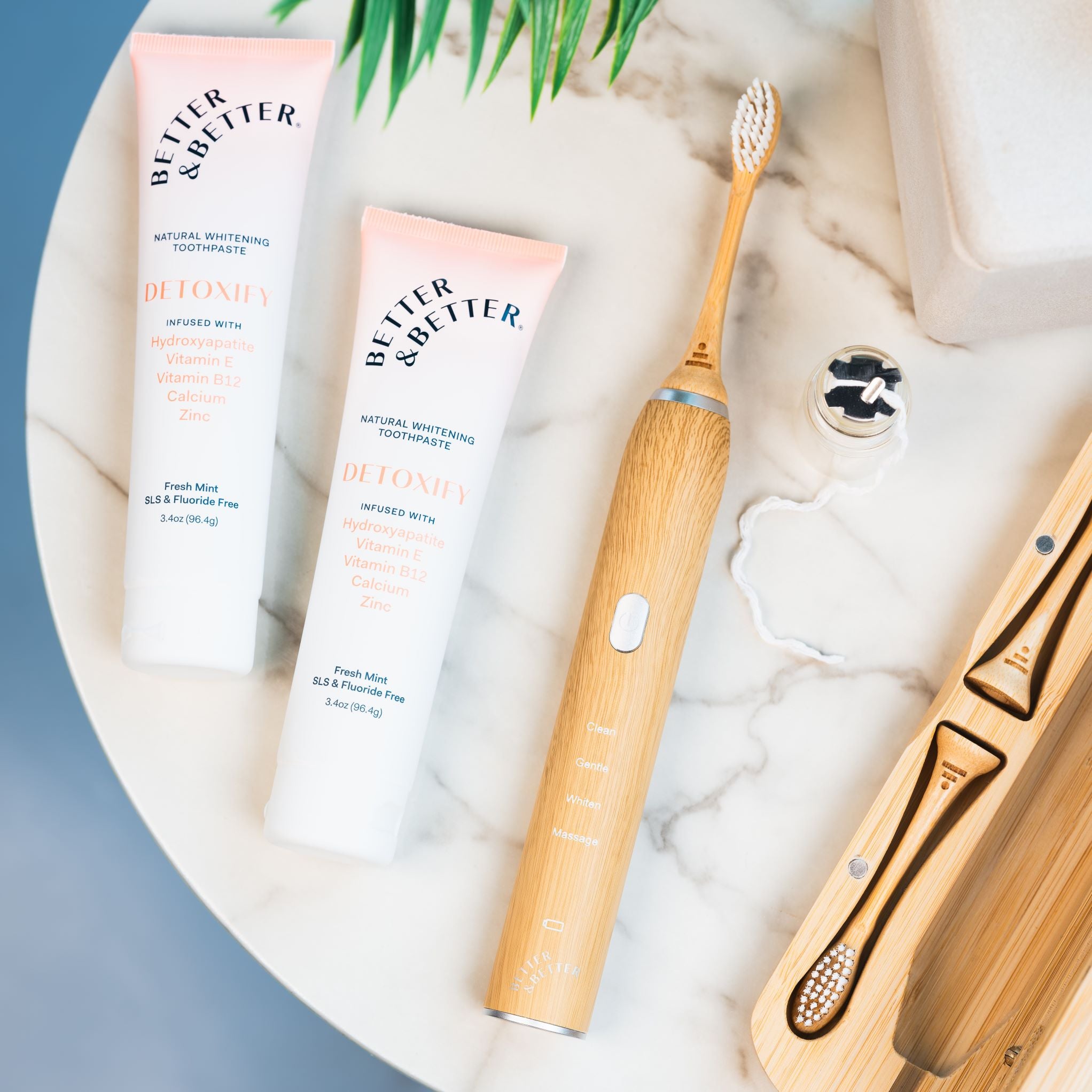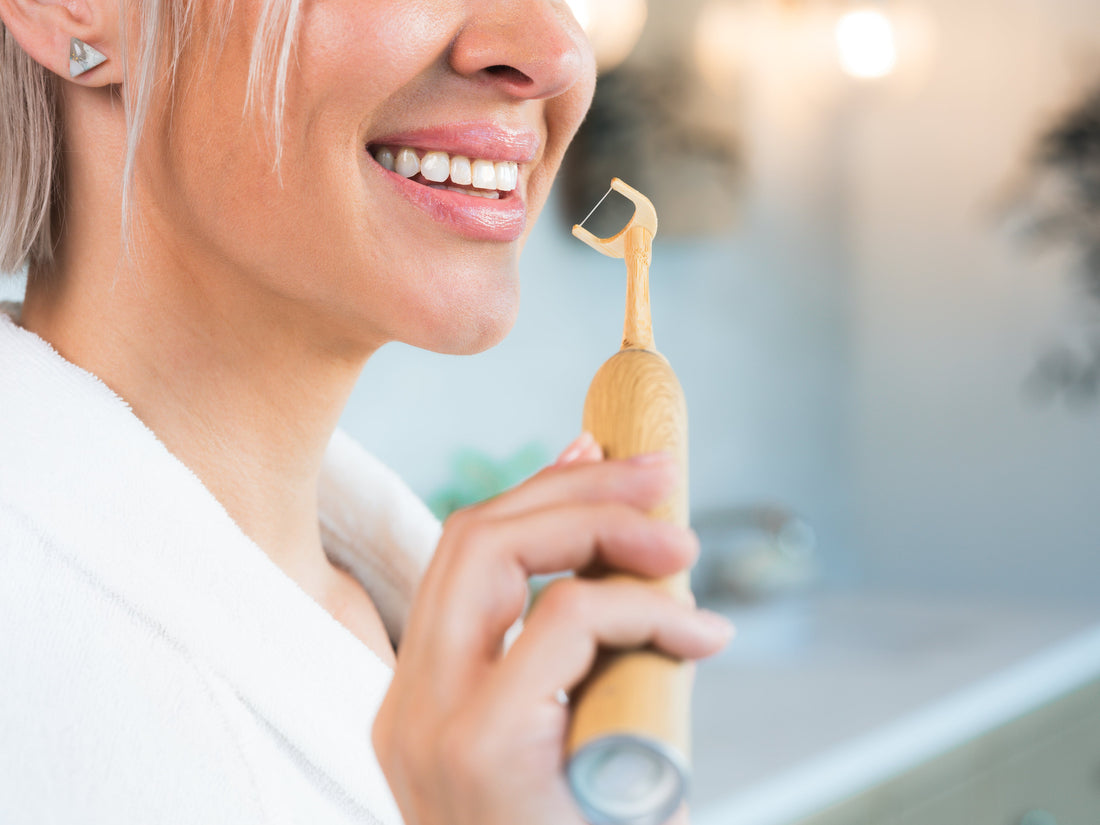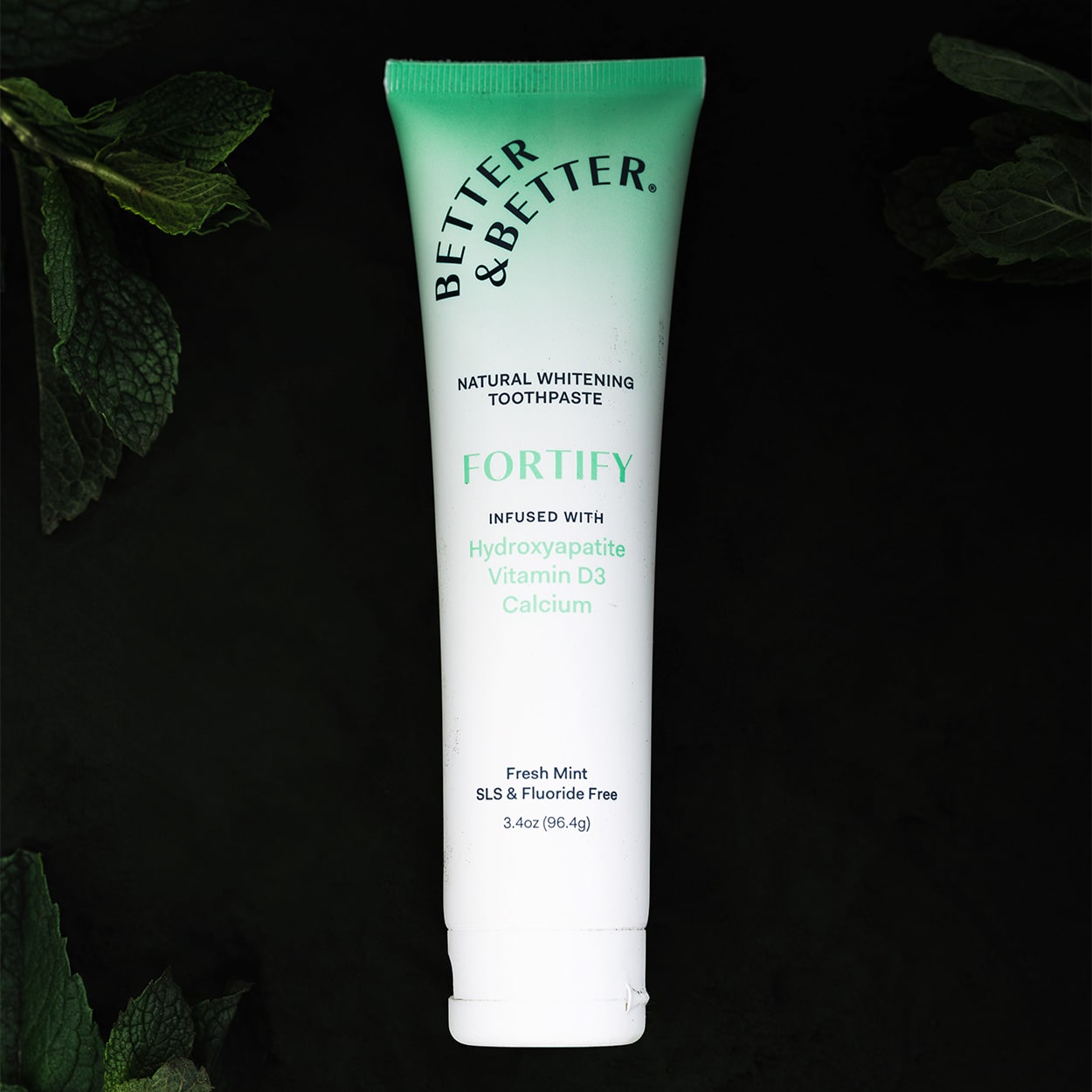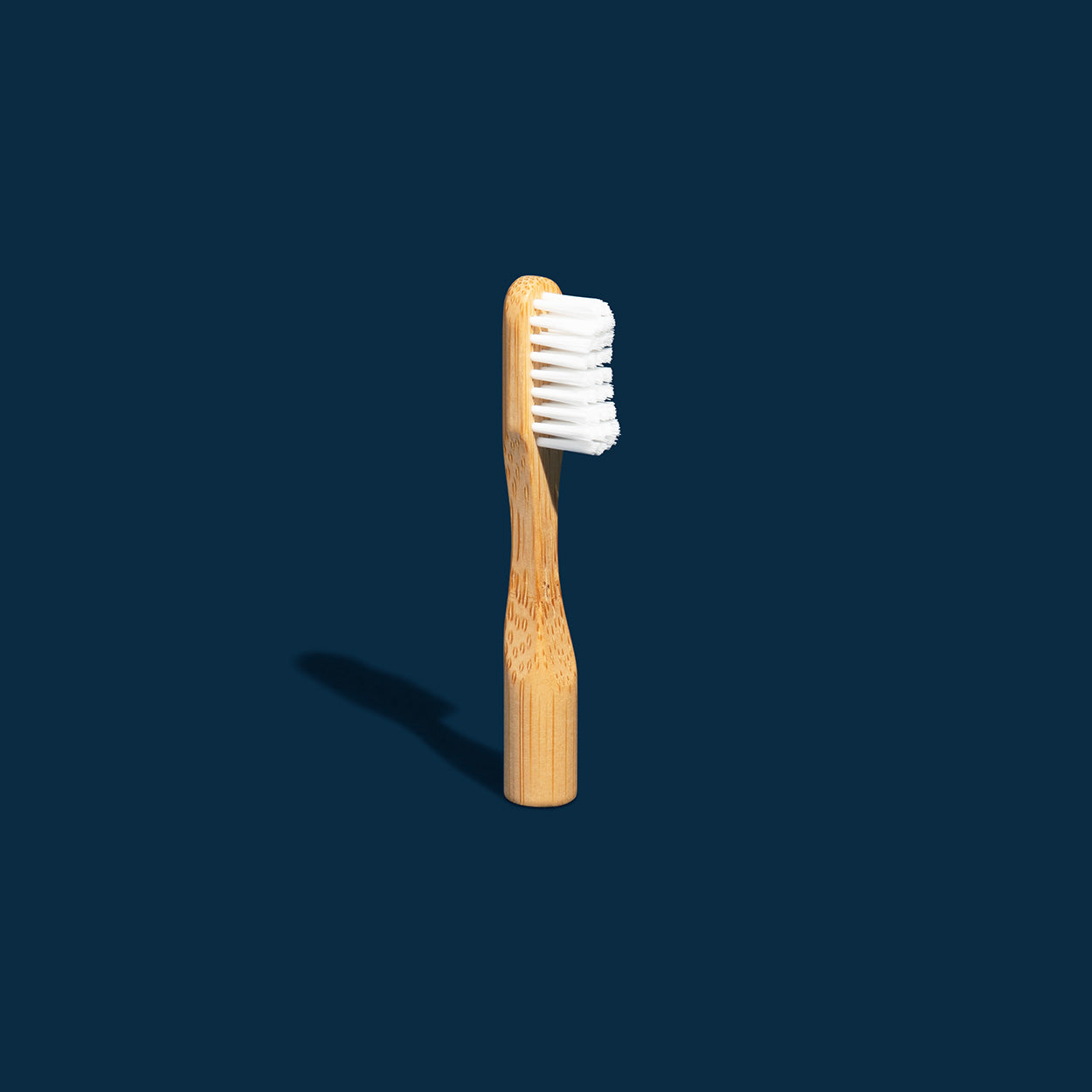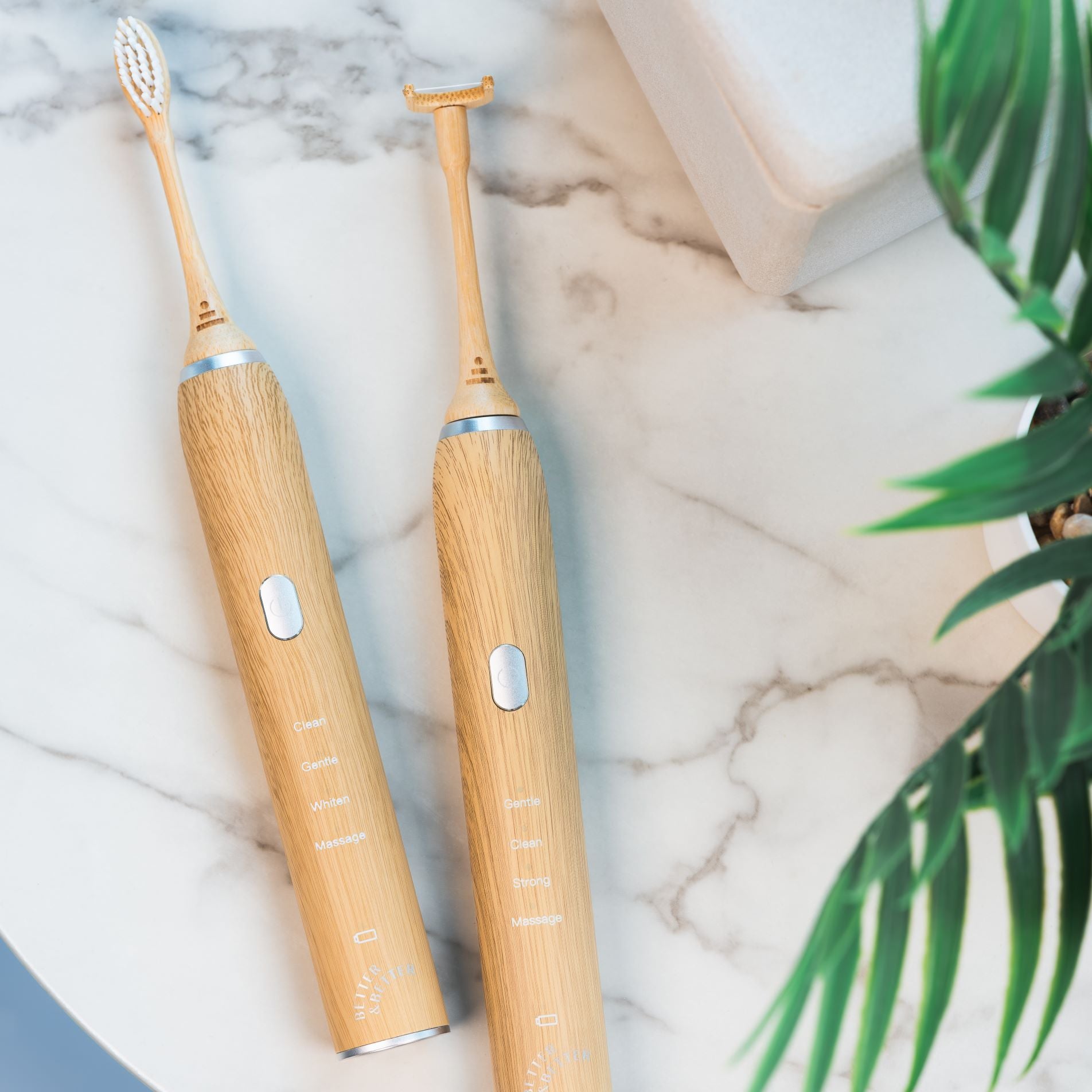For something so tiny, canker sores can be a huge pain to deal with.
Canker sores are very common—about 20% of the general population gets them at some point, according to CLEVELAND CLINIC. They aren’t contagious and they usually go away within a couple of weeks. But they still make eating, drinking, and talking uncomfortable. That leads to a common question:
How can you get rid of (and prevent) canker sores?
For decades, people have relied on topical creams, gels, and mouthwashes to clear up their canker sores. But recent research says the solution might be as easy as taking your vitamins.
Well, one vitamin in particular.
Can a Vitamin B12 Deficiency Cause Canker Sores?
A vitamin B12 deficiency is one of the most overlooked culprits for canker sores (also known as recurrent aphthous stomatitis(RAS) or aphthous ulcers). A 2012 STUDY in the Journal of Oral Pathology & Medicine examined the nutrient intake of 100 people who had at least three episodes of canker sores within a year.
The results were shocking: all of the subjects had significantly lower levels of vitamin B12 and folate compared to the control group.
“Our results demonstrate that patients with recurrent aphthous stomatitis are more likely to have lower dietary intakes of vitamin B12 and folate than a control group,” the researchers wrote. “These findings suggest that consuming sufficient amounts of these vitamins may be a useful strategy to reduce the number and/or duration of RAS episodes.”
It’s unclear exactly why a B12 deficiency might cause recurrent canker sores. But given this nutrient’s role in cell production and skin health, it stands to reason that maintaining adequate levels would lower your risk of these pesky mouth ulcers.
For context, getting a canker sore doesn’t always mean you have LOW B12 LEVELS. Anybody can get them, and there are several potential causes, such as:
- Stress
- Genetics
- Food allergies
- Injuries to the inside of your mouth (like biting your tongue or cheek)
- Eating acidic foods, like citrus fruits
- Wearing braces
- Immune system conditions such as lupus, Behcet’s disease, celiac disease, and ulcerative colitis
- Anemia (iron deficiency)
- Other nutritional deficiencies including vitamin C, vitamin B6 and vitamin B9 (folic acid)
How Effective Is Vitamin B12 for Canker Sores?
It’s still early, but there’s solid evidence that VITAMIN B12 (also called cobalamin) is a safe, effective, and accessible treatment for canker sores.
In 2009, doctors conducted a randomized, double-blind, placebo-controlled trial to gauge whether B12 could alleviate canker sore symptoms. The patients took a sublingual (under the tongue) 1,000 mcg of vitamin B12 for six months.
By the end of the trial, all of the patients significantly reduced their pain levels, duration of outbreaks and number of canker sores. Further 74% of the patients stopped getting canker sores altogether.


“Vitamin B12 seems to be an effective treatment for patients suffering from RAS regardless of their serum vitamin B12 level,” the doctors noted. “This treatment is simple and inexpensive and has no known significant toxic effects.”
These findings were replicated in a SIMILAR CLINICAL TRIAL in 2015. Patients suffering from canker sores reduced their pain levels in just two days after using a vitamin B12 treatment.
Vitamin B12 Dosage for Canker Sores
As of now, there isn’t a specific B12 dosage for treating canker sores. But as a rule of thumb, you should aim for 2.4 micrograms of vitamin B12 every day. That’s the recommended daily intake for adults, according to MAYO CLINIC. For PREGNANT AND BREASTFEEDING WOMEN, the amount jumps up to 2.6 micrograms per day.
So, how can you check that box?
The best food sources of vitamin B12 are meat, fish, and dairy. Accordingly, you may have a higher risk for a B12 DEFICIENCY if you follow a VEGAN or vegetarian diet. You can always use dietary supplements and multivitamins to maintain healthy levels of B12. However, not all B12 supplements are created equally.
That’s where SUBLINGUAL B12 comes in.
Try Sublingual B12 for Canker Sores
The majority of vitamin B12 supplements are sold as pills, capsules, and gummies. But there’s a better way to get B12—especially if you’re fighting off canker sores.
In the studies we mentioned earlier, patients with canker sores were given SUBLINGUAL doses of vitamin B12. Sublingual is a fancy term for “under the tongue.” So, what’s the story here?
The tissues that line the inside of your mouth are ultra-absorbent—more so than your gut. When you take SUBLINGUAL B12, it goes straight into your bloodstream so your body can use it ASAP. Scientists FOUND that it’s easier to correct a B12 deficiency with sublingual supplements compared to oral supplements.
It’s also worth noting that B12 has anti-inflammatory properties, which may explain why patients experienced less pain from their canker sores after using sublingual B12 supplements. In other words, you might be better off “absorbing” vitamin B12 than swallowing it.
One of the easiest ways to get sublingual B12 is with a VITAMIN-INFUSED TOOTHPASTE. Brushing your teeth provides an ideal opportunity to deliver a micro-dose of sublingual B12, since the toothpaste comes in contact with the absorbent tissues in your mouth.
Not to mention, treating canker sores with toothpaste is a lot easier than applying ointments and gels. Fresh breath and free of canker sores? That’s a win-win.



